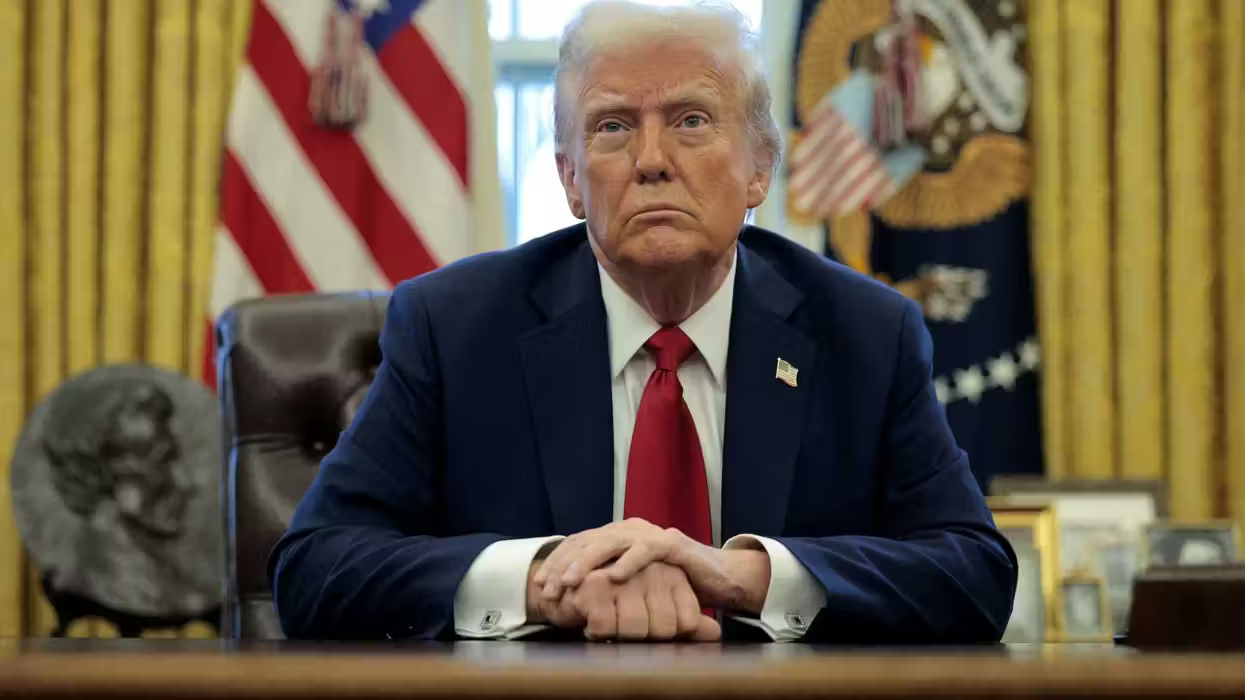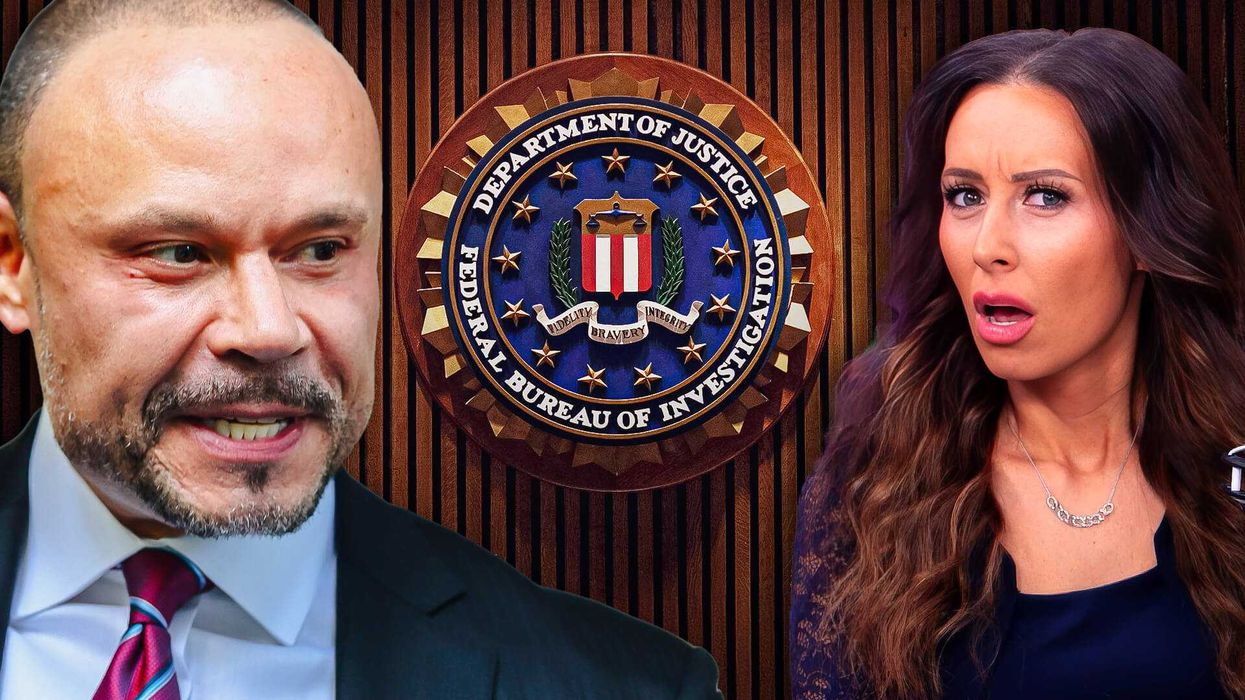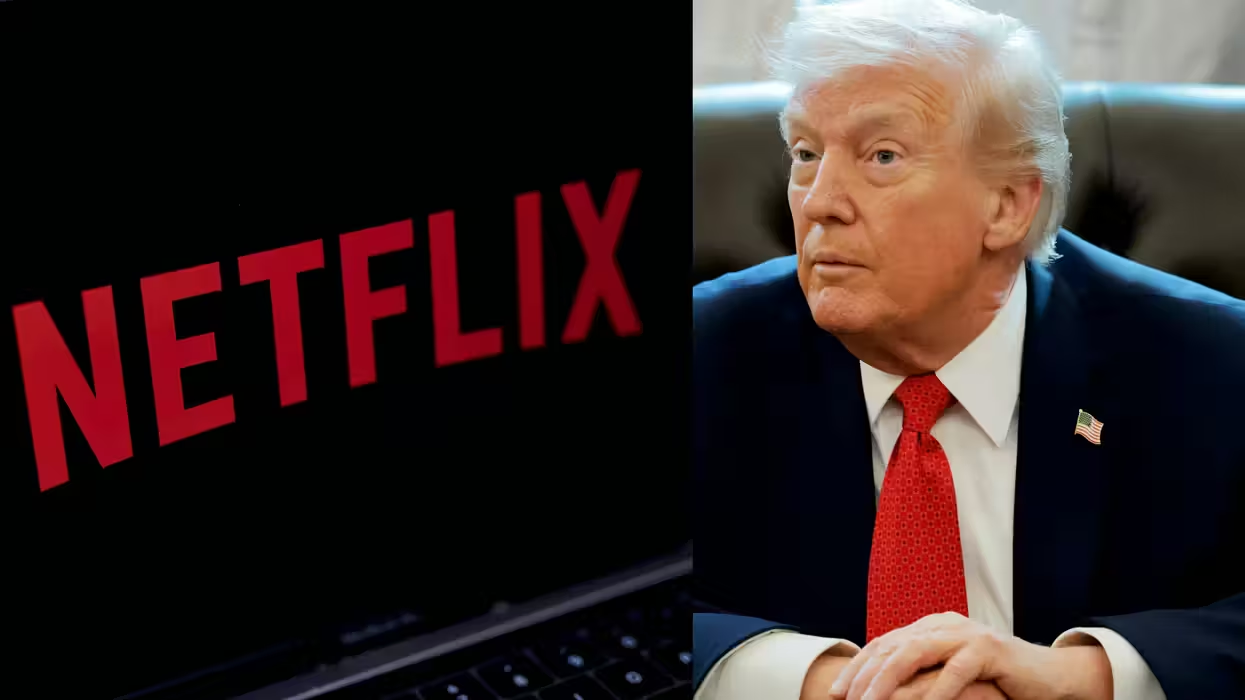
© 2025 Blaze Media LLC. All rights reserved.
"They strongly suggest that they don't."
 (Image: Shutterstock.com)
(Image: Shutterstock.com)
Just last month the ACLU published documents that showed the IRS might be reading emails and online communications without a warrant, obtaining access through a subpoena instead. New documents obtained through the Freedom of Information Act reveal the FBI might be engaging in the practice as well.
Shortly after backlash against the IRS obtaining permission through only a subpoena, which can be issued by a prosecutor not a court judge like a warrant would be, the agency said it would re-write its email search policy. But the latest from documents obtained by the ACLU regarding the FBI and U.S. Attorney's office getting electronic communications through subpoena at least shows "a split over electronic privacy rights within the Obama administration," according to CNET.
"The documents we received from the FBI don’t flat out tell us whether FBI agents always get warrants, but they strongly suggest that they don’t," the ACLU states.
The group, in addition to obtaining documents from the FBI, also received records from six U.S. Attorney's offices and the Criminal Division of the Department of Justice. Here's more on the "confusing picture" these documents paint with regard to policy:
The Criminal Division withheld far more documents than it released. The U.S. Attorneys’ office documents reveal some information, but paint a confusing picture of federal policy. We received two paragraphs from the U.S. Attorney for the Southern District of New York—part of an unidentified document stating that law enforcement can obtain “opened electronic communications or extremely old unopened email” without a warrant. Perplexingly, the agency has not released the cover page or other contextual information from this document, so we don’t know whether it reflects the current policy of that office.[...]
The six U.S. Attorneys’ offices also told us in this email that since Warshak, they have not authorized a request to a court for access to the contents of electronic communications without a warrant. But according to the recent Texas magistrate judge’s opinion, one U.S. Attorney’s office apparently authorized such a request this year. Even with today’s documents, the government’s actual position is far from clear.
The practice all goes back to the Electronic Communications Privacy Act (ECPA), which privacy advocates have been saying is woefully outdated as it pertains to modern technology.
CNET reported the FBI saying in a statement that the bureau obtains evidence in a lawful, Constitutional manner.
"Our field offices work closely with U.S. Attorney's Office to adhere to the legal requirements of their particular districts as set forth in case law or court decisions/precedent," the FBI's statement read.
Overall, the ACLU wrote that the records show policies regarding legal access to online communications are "in a state of chaos" and that clarification is needed from these agencies on "whether they believe warrants are required across the board when accessing people’s email."
The ACLU believes that since 1877 the law has been clear in stating the government requires a warrant to read letters sent by what's not considered snail mail, and that the government should extend this policy to include the content of emailed letters as well.
At the same time, the FBI is trying to move forward a proposal that would require Internet service providers to create a way for authorities to intercept communications, a sort of online wiretapping. The New York Times reported Tuesday that the Obama administration might be in favor of this proposal.
--
Related:
Can the IRS Read Your Emails Without a Warrant or Does It at Least Think It Can?
- FBI General Counsel: Ability for Law Enforcement to Access Real-Time Email, Online Chat a 'Huge Priority'
- DOJ Quietly Gives Companies Immunity From Wiretapping Law in Exchange for 'Private Internet' Surveillance
- Feds Pushing Proposal to Penalize Companies for Refusing to Wiretap
Featured image via Shutterstock.com.
Want to leave a tip?
We answer to you. Help keep our content free of advertisers and big tech censorship by leaving a tip today.
Want to join the conversation?
Already a subscriber?
more stories
Sign up for the Blaze newsletter
By signing up, you agree to our Privacy Policy and Terms of Use, and agree to receive content that may sometimes include advertisements. You may opt out at any time.
Related Content
© 2025 Blaze Media LLC. All rights reserved.
Get the stories that matter most delivered directly to your inbox.
By signing up, you agree to our Privacy Policy and Terms of Use, and agree to receive content that may sometimes include advertisements. You may opt out at any time.






